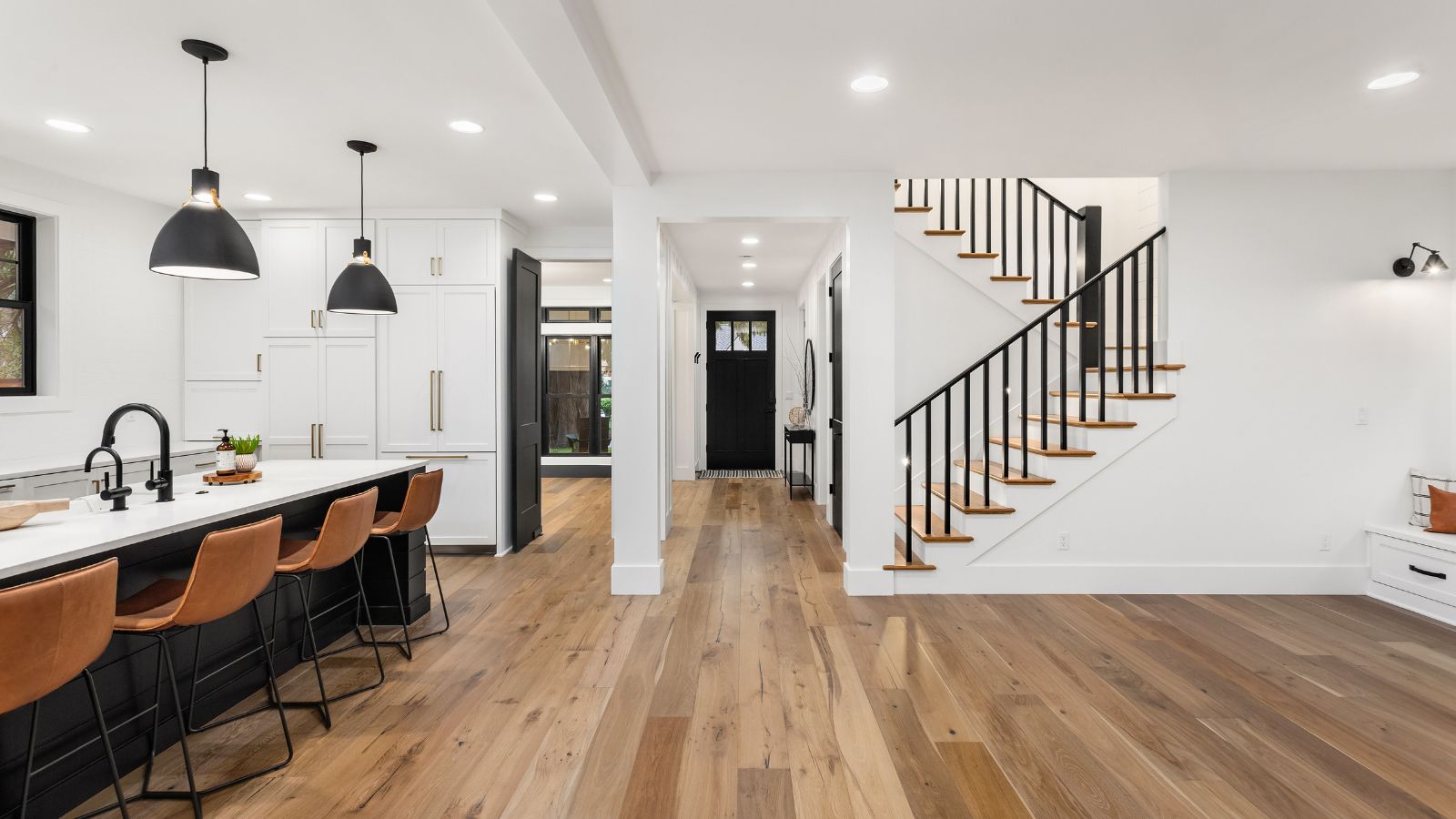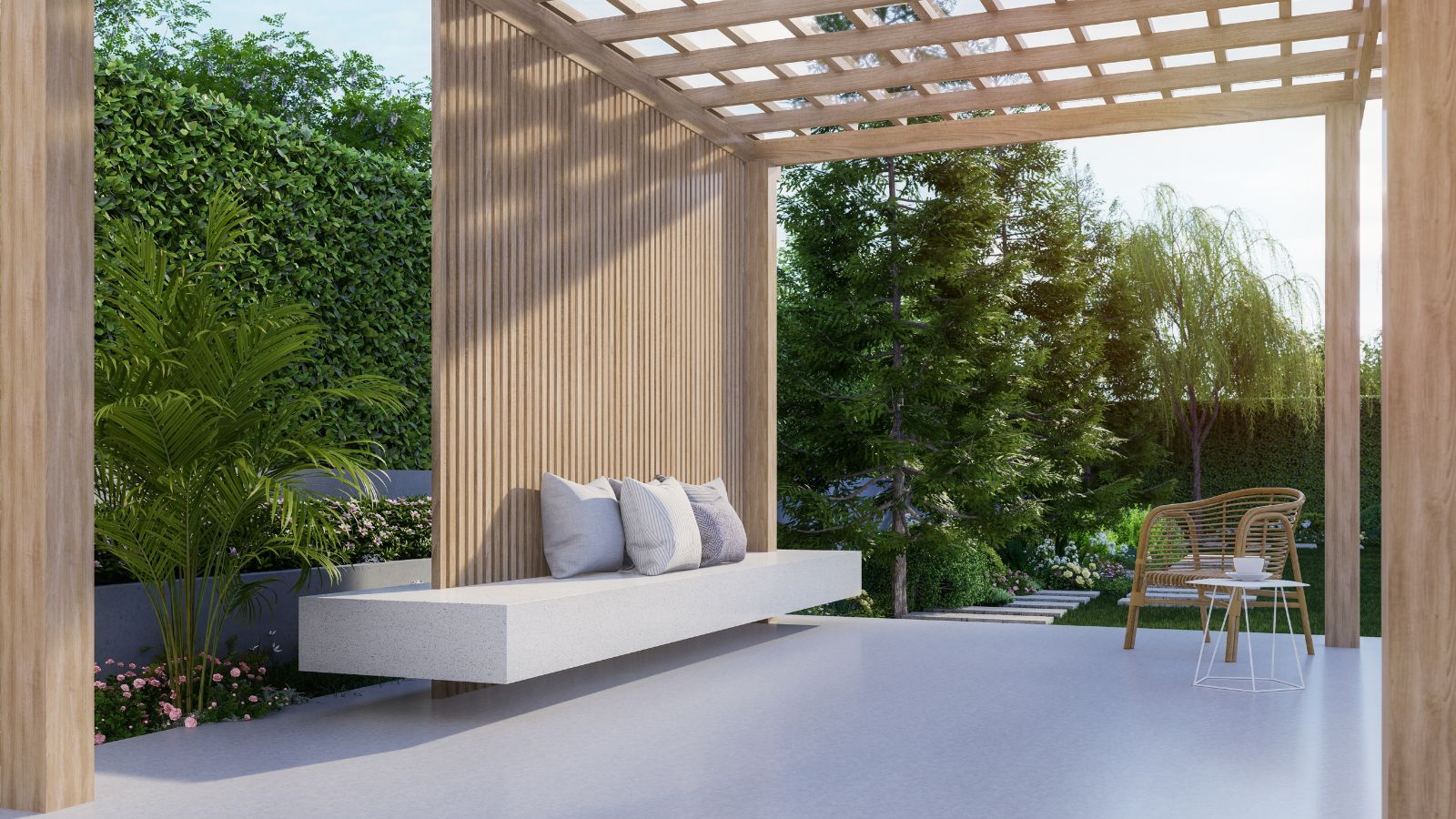As I strolled through my neighborhood the other day, I couldn’t help but notice a trend: smaller, cozier residences were gradually taking the place of the once enormous, vast houses. It made me wonder, what’s going on? Why are individuals choosing something smaller now, when they earlier yearned for luxury and space? As it happens, this shift has a number of causes. These are 20 shocking explanations for home downsizing.
Financial Freedom

Let’s face it: large homes mean significant costs. The expenses, which range from maintenance to mortgages, can be crippling. Reducing your lifestyle is becoming popular as a way to become financially independent. Smaller homes typically have cheaper maintenance costs, smaller mortgages, and lower utility bills, freeing up residents’ funds to save or invest in experiences rather than material goods.
Reduced Maintenance

Large homes require a lot of maintenance, including cleaning, yard work, and repairs. Moving into a smaller residence can reduce the amount of time and effort needed to maintain a property. It seems reasonable to think of not having to spend your weekends on never-ending home repair chores.
Environmental concerns

People are becoming increasingly conscious of their environmental impact. Larger homes sometimes need more energy to power, heat, and cool, which has a greater negative effect on the environment. Homeowners can live sustainably by downsizing, consuming fewer resources, and leaving a smaller carbon imprint.
Simplicity

A growing number of people are being inspired to simplify their lives and concentrate on the things that matter in the minimalist trend. It becomes sense to extend this mindset to include downsizing. Less space for extraneous items equals a simpler, more contented life in a smaller home.
Strategies for Retirement

People’s goals frequently change as they get closer to retirement. There’s no need for all that extra space now that the kids have gone out. Reducing living expenditures and freeing up equity through downsizing can simplify enjoying a stress-free, pleasant retirement.
Well-being and Health

Unbelievably, the size of your home may impact your health. Large homes often have more stairs to climb and more room to clean, which can be exhausting, particularly as we age. A single-story, smaller home may be easier to maintain and manage, which improves general well-being.
Closer to Facilities

Many individuals downsize to be nearer the action. Smaller homes are frequently found in suburban or metropolitan locations, where it is easier to access services like dining options, retail stores, and public transit. Those who wish to live a more walkable lifestyle may find this to be very enticing.
Family Relationships

Over time, family dynamics shift. Suddenly, that five-bedroom house feels a little too empty when the kids grow up and move out. Parents can find a property that better fits their present needs through downsizing, which frequently results in a more comfortable and manageable living arrangement.
Steer clear mindset

Being impoverished means having little money left over after paying your mortgage. Those who overextend themselves to purchase a large home frequently struggle with this issue. Downsizing can lessen this load, enabling homeowners to live within their means and lead more financially balanced lives.
Family Relationships

Over time, family dynamics shift. Suddenly, that five-bedroom house feels a little too empty when the kids grow up and move out. Parents can find a property that better fits their present needs through downsizing, which frequently results in a more comfortable and manageable living arrangement.
A New Beginning

People downsize for no other reason than to start over. Moving into a smaller home can symbolize a fresh start and an opportunity to restructure your living environment and your life, whether it is after a significant life event like a divorce or a new employment opportunity.
Reduced Real Estate Taxes

Since property taxes are generally determined by the value of your house, smaller, less expensive homes will probably have cheaper taxes. This provides a considerable financial incentive to downsize for many.
Less Clutter

Even though it may seem odd, reducing it might really provide the impression of greater room. Smaller homes tend to feel more open and breezy since there is less space for clutter. It all comes down to using the space you have more effectively.
Rise of Remote Work

As more people work from home, there is less need for huge, separate office premises. Many opt to downsize because they discover that a modest, dedicated workspace suffices, particularly when the rest of the house is practical and orderly.
Prioritize quality above quantity.

In a smaller house, each square inch matters. This frequently causes individuals to choose quality over number regarding furniture and décor. Rather than overcrowding a big house, individuals can concentrate on designing an area that accurately represents their preferences and requirements.
Inheritance Burden

If one is forward-thinking, downsizing can facilitate matters for one’s heirs. After a loved one dies, managing and going through large homes full of possessions can be difficult. Homeowners can streamline this process and lessen the strain on their families by downsizing.
Better Chances for Investment

Some people can transfer their downsized funds into more lucrative investments. Downsizers might use their equity to invest in stocks, bonds, or other possibilities that might yield higher returns rather than locking it up in a huge property.
Freedom

If you’re a wanderer at heart, downsizing might allow you the financial and practical flexibility to travel the world. The desire to travel more frequently can come true if you have a smaller house to manage and maybe a little extra money in your pocket.
Escaping the Large Home’s Burden

Big houses may seem more like a burden than a benefit. Owning a large property can come with many financial and physical maintenance responsibilities. One approach to releasing that load and welcoming a more unfettered lifestyle is downsizing.
The Feeling of Belonging in a Smaller Area

It is funny how, on occasion, a smaller environment can feel more like home. A cozier, more manageable home tends to evoke a stronger emotional response in downsizers. It transforms from a big mansion with unused, empty rooms into a place where every room is cherished and used.
Life in a Community

Not to mention, many individuals downsize to live in communities that provide more than simply a place to live. Relocating to a 55+ community, co-housing arrangement, or tight-knit neighborhood can present the chance to live with like-minded individuals and experience a stronger sense of community.
Conclusion

Downsizing is a very personal decision that is impacted by a variety of financial, emotional, and practical considerations. More and more individuals are discovering that, when it comes to their living space, less really may be more, whether it’s due to a desire for a simpler existence, a need for financial relief, or the allure of a new experience. And the downsizing trend isn’t going away anytime soon as we redefine what home means to us.
5 Canadian Provinces Predicted to Thrive in the Next Economic Boom

5 Canadian Provinces Predicted to Thrive in the Next Economic Boom
